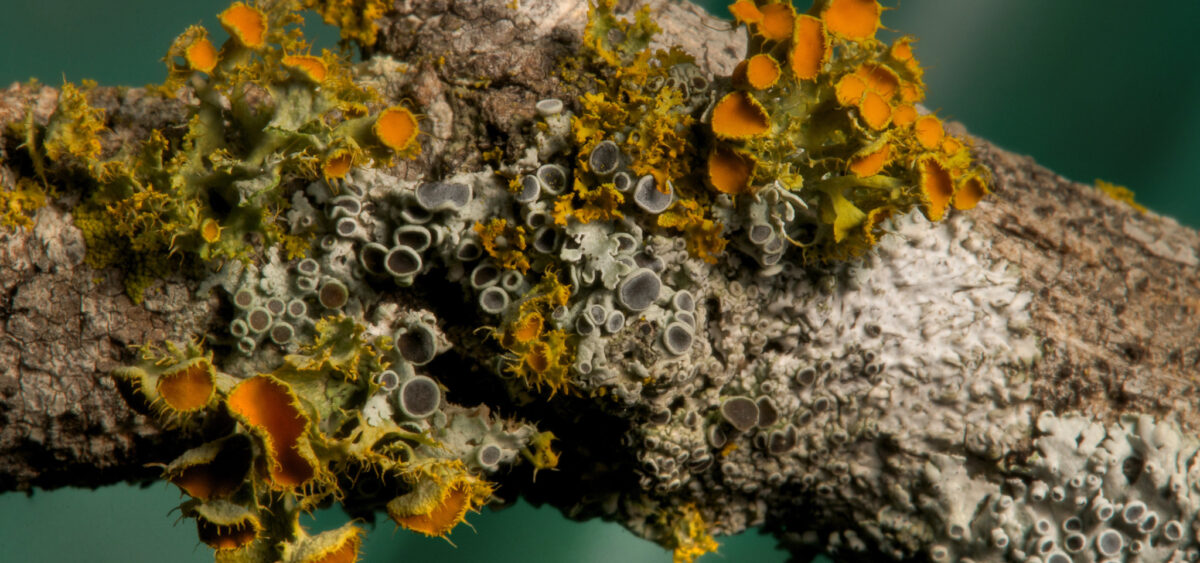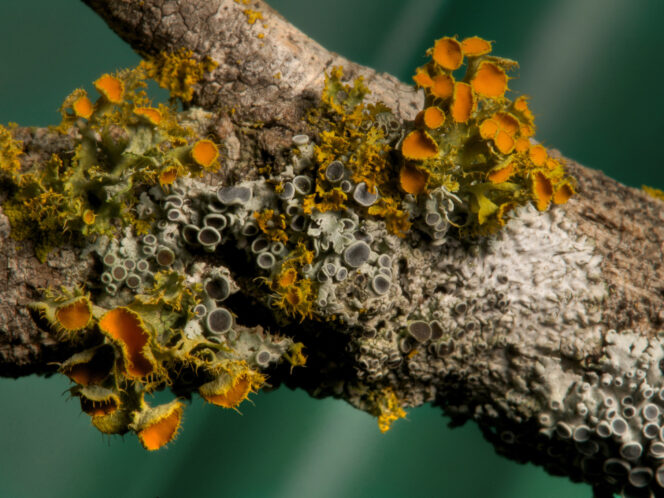
Can we inherit memories? According to classical Darwinism: no. Yet sometimes the lived experiences of parents are echoed in their children.
As with many stories in biology, this one begins with mice. A few years ago, the American scientists Brian Dias and Kerry Ressler showed that mice can inherit some olfactory associations. The lab animals were exposed to acetophenone (a chemical compound that smells of dried roses), which was paired with small electric shocks. The mice soon developed a fear response to the smell. This wouldn’t be at all unusual, had it not been for the next stage of the experiment.
The mice – only males were selected in order to control for the effects of pregnancy and caring for pups – became the fathers of the next generation. As it turned out, this generation inherited their parents’ fear of smell, despite never having any contact with acetophenone or being negatively conditioned by the scientists. Moreover, not only the pups born through in vitro








